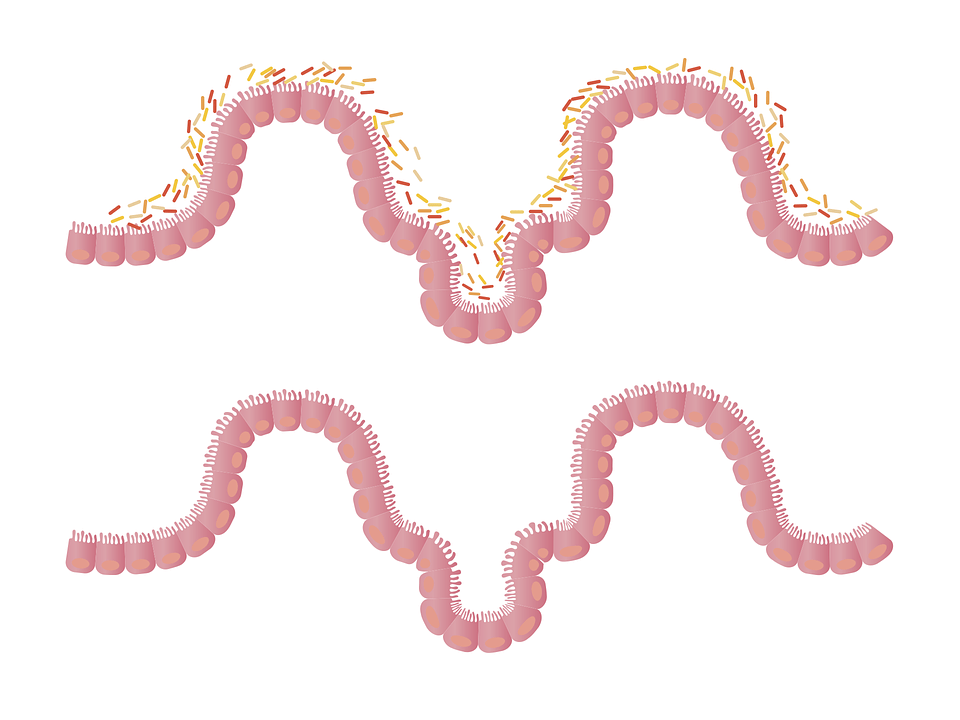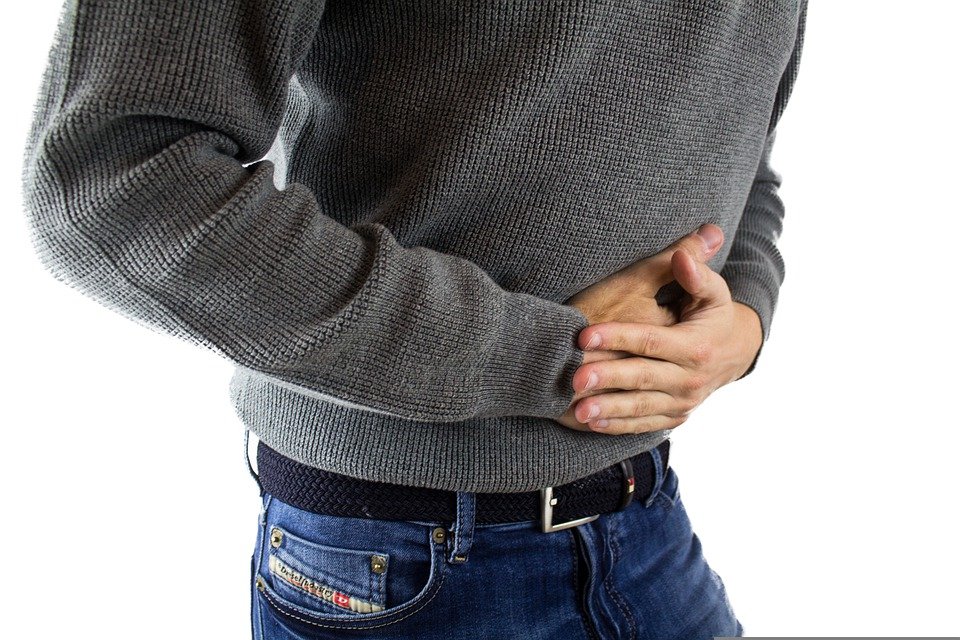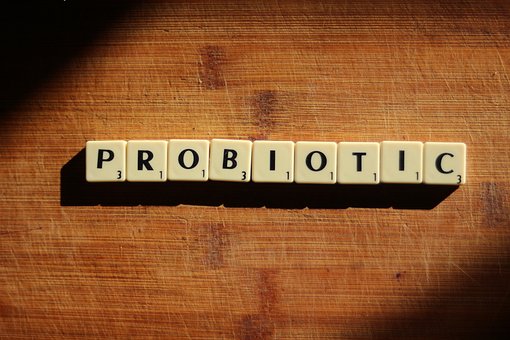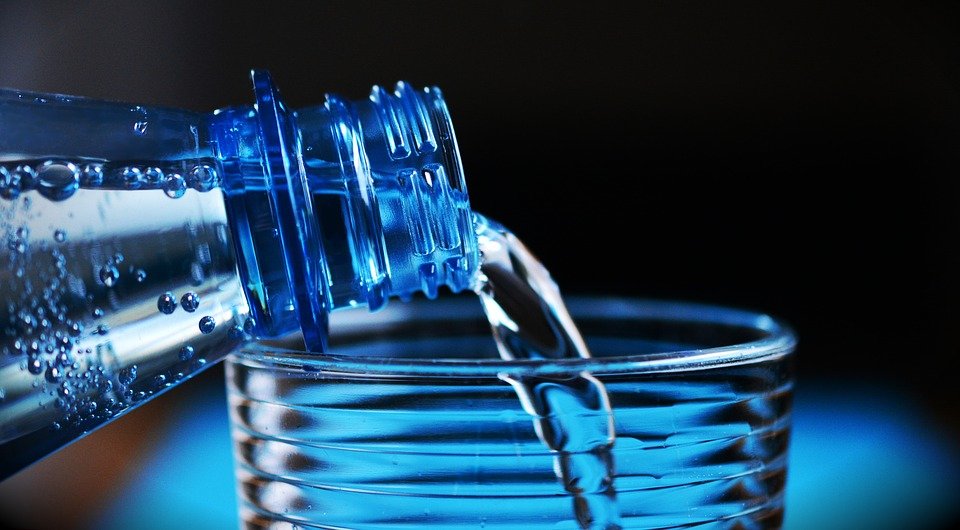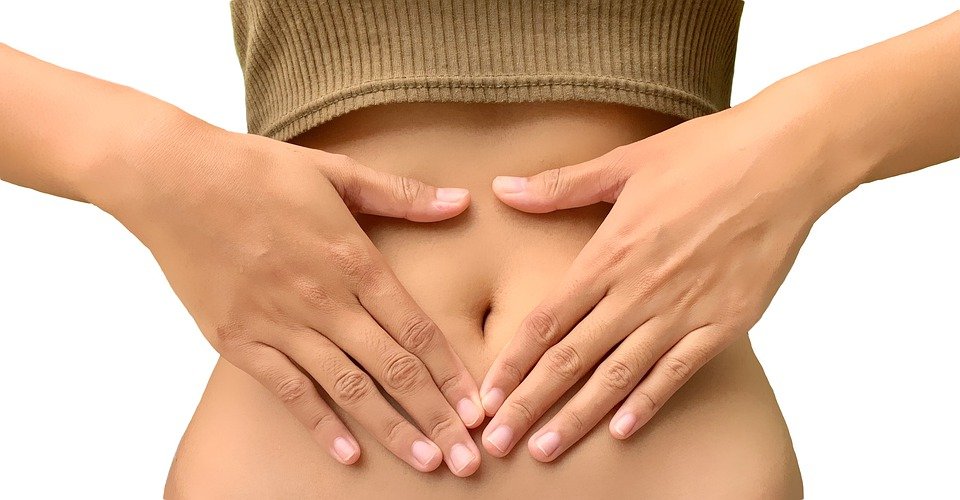
If you are not seeing results from healthy eating and exercise, it may be due to your gut.
Your microbiome may be unbalanced if you have trillions of bacteria in your gut.
The microbes in your gut influence your weight and overall health more than you realize.
Vincent Pedre, MD, claims that the condition and health of your gut has a lot to do with migraines, allergies, autoimmunity, weight gain, acne, skin rashes, yeast infections, hormonal imbalances, fatigue, immune challenges, and how you sense pain.
These problems can be caused by many different things such as food sensitivities, bacterial overgrowth, and Candida. The signs of gut problems can be digestive issues like indigestion, bloating, gas, and cramping. They can also cause weight loss resistance. These problems can be caused by things like food sensitivities, bacterial overgrowth, and Candida.
We’re still learning how the microbiome impacts weight. What we’ve found is that the microbiome can determine things like:
- How you store fat
- How much of the hunger hormone ghrelin you produce
- Your ability to lose weight
The most important thing when it comes to the trillions of bacteria in your body is to have a balance of good and bad bacteria, as well as a diverse range of bacteria.
If the ratio of good to bad gut bacteria falls out of balance, it is called dysbiosis.
Dysbiosis rarely results from just one culprit. Instead, multiple factors play a role, including:
- Inflammatory foods
- Too much sugar
- Toxins
- Stress
- Antibiotics
eventually, these offenders can damage the gut by creating a leaky gut.
Pedre explains that over a period of days to months, exposure to antibiotics, toxins, and incorrect diets can cause dysbiosis, which leads to a leaky gut.
What we know so far about gut bacteria
Researchers have identified between 1000–1500 different types of bacteria in our gut microbiota. The gut microbiota is the name for the mixture of bacteria, yeasts, and fungi found in the digestive tract.
So far, studies have shown that the condition of our gut microbiota may have an impact on many other health problems. These can include general immunity, IBS, bloating, and inflammatory bowel diseases such as Crohn’s disease. Gut health also appears to affect the stiffness of arteries in heart disease, as well as skin conditions, kidney disease, and mental health disorders such as anxiety and depression.
We now think that the gut microbiota can have an impact on just about every organ in the body and that it is very important for the body’s immune system,” says Australian-born dietitian Megan Rossi from King’s College London.
Although it is still early, it is looking promising that diets targeting gut microbes can improve our mental health, according to Dr. Rossi.
The intestine is 9 meters long and is responsible for 70 percent of our immunity. The microbiota in our intestines produce molecules that get into our blood and can communicate with our brains and other organs.
Scientists from various disciplines are working to make new advancements in the public domain. In the meantime, Rossi provides principles and tips based on current science to help achieve a healthy gut microbiota.
- Think diversity, not ‘good’ or ‘bad’ bacteria
To have a healthy diet, you should eat a variety of plant-based foods, according to Dr. Rossi.
I advise people in clinic to try and eat 30 different plant-based foods per week. This includes different types of nuts, seeds, whole grains, legumes, fruit and vegetables. Studies suggest that if you eat less than 10 different plant-based foods per week, your microbial diversity is not very strong. Change the foods you eat from week to week, and be open to trying new things.
- Eat fiber-rich foods
High-fiber foods that contain prebiotics are very beneficial because they help feed the good bacteria that live in your gut. Foods that contain prebiotics include beans, legumes, artichokes, and Brussels sprouts.
“Fibre is a Holy Grail nutrient,” Dr. Rossi says.
” The more you eat, the better it is for your organs, especially your heart.
The current guidelines recommend that we should be eating 30g of fiber a day, but most of us are only eating 19g. I believe that we should be aiming even higher. We should increase the amount we eat gradually to give our bodies time to adjust to it.
- Eat healthy fermented foods every day
Fermentation is a process where bacteria or yeast are used to make food like yogurt, kefir, or kombucha. These foods contain a variety of different types of bacteria which are beneficial to gut health.
Dr. Rossi says that she tries to eat fermented foods every day.
Kefir is known to be one of the healthiest fermented milk drinks. It contains a wide variety of bacteria and yeast, which is much greater than what yogurt has. I make sure to drink 100ml of it every day. You can purchase kefir grains online or at the grocery store. All you have to do is add milk and let it ferment for a few hours. After that, it will be ready for you to consume.
Two other popular healthy fermented foods are kimchi and sauerkraut. Kimchi is a type of spicy Korean pickled cabbage, and sauerkraut is a fermented cabbage.
- Avoid artificial sweeteners
Fill your diet with a variety of plant foods to promote gut health, including nuts, grains, and veggies. Although artificial sweeteners may help you consume fewer kilojoules, they may also harm the diversity of your gut microbiome. Consider the pros and cons of artificial sweeteners before making changes to your diet.
According to Dr. Rossi, animal studies suggest that artificial sweeteners are not healthy to consume in large quantities.
Whether you should have sugar or sweeteners instead depends on factors like your weight and medical history. It’s all about finding a balance. Occasional indulgences, like a small 30g chocolate bar, are perfectly fine, but habitually overeating sugary snacks is not a good idea.
- Always buy ‘live’ yogurt
According to Dr. Rossi, not all yogurts on the market contain beneficial gut bacteria. To find a yogurt that does, look for a tub with a label that says it contains live cultures.
It does not matter if the milk is full fat or skimmed.
- Take probiotics only after antibiotics or if you have IBS
There is no evidence that probiotic supplements improve the health of healthy people. However, some studies suggest that certain types of probiotic bacteria may help treat certain medical conditions.
If you are taking antibiotics, Dr. Rossi says that one type of yeast called Saccharomyces boulardii can reduce your chance of getting diarrhea by 50 percent. Diarrhea affects around one-third of people who take antibiotics.
” The study is very specific and detailed in what it says, rather than just being general. Probiotics will only have the desired effect if the right type and amount are taken.
There are four probiotic supplement products that have been shown to be effective in treating symptoms of IBS in a study. These are Symprove, Alflorex/Align, Bio-Kult, and VSL#3. The evidence for their effectiveness comes from a single study, so it is not known if they would work for everybody with IBS. However, when the results of all studies on the topic are pooled together, it is shown that probiotics reduce IBS symptoms by 20 percent.
- Try some intermittent fasting
Intermittent fasting can help improve gut health by giving the digestive system a break and promoting the growth of good bacteria.
Fasting can also help you avoid metabolic syndrome, which might be why you are struggling to lose fat.
If you haven’t fasted before, start by fasting for 12 to 14 hours overnight for three weeks.
That means you should eat dinner and then stop eating for the night. You should also sleep for at least eight hours. Breakfast should be eaten the morning after.
Then, try eating all of your meals within one hour one day a week.
We refer to a meal plan where you eat one healthy meal a day and fast for the other 23 hours as “OMAD.”
When you do that, it sends signals to your body that it needs to heal itself, and also helps to balance your blood sugar levels.
- Get great exercise
Exercising the right way can help improve the variety and wellness of your gut bacteria.
You don’t need to spend hours at the gym to see benefits, but you should make sure you’re doing the right kind of exercise.
I love high-intensity interval training because it’s a great way to get a full-body workout in a short amount of time. You don’t have to waste time looking for a parking spot at the gym, and you can get a great workout in a fraction of the time.
- Boost your polyphenols
Polyphenols are plant compounds that act as antioxidants.
Polyphenols have been shown to support intestinal barrier function, immune response, and healthy gut bacteria in research studies.
Polyphenols found in foods and beverages such as berries, red wine, dark chocolate, coffee, and tea can help support a healthy gut.
Certain foods – coffee, dark chocolate, and red wine – can have different effects depending on how much is consumed. A small amount can be beneficial to gut health, but consuming too much can be harmful.
- Avoid artificial sweeteners
Artificial sweeteners are bad for your health and may also have a negative impact on your microbiome.
Diet soda can have a negative impact on your gut health, according to one study. The study found that drinking the equivalent of just two cans of diet soda can turn healthy gut bacteria into disease-causing bacteria.
The bacteria became harmful and began to attack and destroy the cells that line the walls of the intestine.
If you frequently consume artificial sweeteners, your gut bacteria may change in a way that makes you more intolerant to glucose, which in turn raises your risk of developing diabetes.
- Manage stress
Stress is not just bad for your gut, it is worse than you might think.
The major cause of leaky gut is stress because it reduces the number of Occludin protein which is responsible for keeping the tight junctions between cells of the gut lining strong.
Stress can have an effect on the gut bacteria, which can lead to weight gain or other problems.
Yoga, meditation, and walking your dog are all great ways to reduce stress. Find the method that works best for you and make it a priority.
- Swap staple foods regularly
If you eat rice often, try switching it out for other grains such as wild rice, quinoa, or buckwheat. Dr. Rossi recommends aiming to get more ancient grains in your diet.
You can help yourself by eating yellow and green capsicum, as well as red. If you’re buying chickpeas, you could also get a can of four bean mix, including butter beans, red kidney beans, and black beans. Likewise, with pasta you could try wholegrain or legume versions.
- Eat Med to boost mood
Some dietary studies have found that eating a diet rich in fiber andMediterranean-style foods like fruit, veggies, legumes, olive oil, and whole grains can help improve depression scores for some people, according to Dr. Rossi.
People who are on medication should not stop taking their pills, but they may improve their mood if they eat a high-fiber Mediterranean diet.
- Forget the low-carb fad
Dr. Rossi is concerned that the low-carb diet trend is worrying because fiber is a type of carbohydrate.
If you lose weight too quickly, it could have negative consequences like damaging your gut bacteria and increasing your risk of colon cancer in the long run.
- Eat more healthy fats
The low-fat craze in the 80s and 90s was not good for our gut (among other things).
As we learn more about gut health, we realize how important it is to consume the right fats to reduce inflammation and heal the gastrointestinal tract.
Not all fats are equal when it comes to gut healing.
I love coconut! It contains a healthy fat called caprylic acid that can help with gut inflammation. So be sure to add unsweetened coconut milk to your next smoothie!
Omega-3 fatty acids, commonly found in cold-water fish, can have a healing effect on the gut by creating more bacterial diversity.
- Take the right supplements
You should consider taking a high-quality digestive enzyme to help with food digestion and healing your gut.
This product helps to promote the efficient digestion of fats, carbohydrates, and proteins, including problem proteins such as gluten.
For therapeutic, focused gut support, I’ve combined many science-supported nutrients in Soothing Gut Elixir to support gut healing. Among them include:
- L-glutamine: an essential amino acid huge for protecting the integrity of the gut and supporting the immune system, especially if you’re under stress
- DGL: a form of licorice that supports stress hormones and digestive health
- Slippery Elm and Marshmallow: Plants that can help support your stomach lining
- Chamomile: Reduces inflammation
- Quercetin; An antioxidant that also cools inflammation
Just add one tablespoon of Soothing Gut Elixir to any drink to help support gut health.
Wrap Up
Sometimes you need to work with a functional medicine doctor to heal your gut, they can help identify specific issues and tailor a plan to your individual situation.
There are 16 strategies that can help heal leaky gut and other issues that can affect your weight and overall health.

